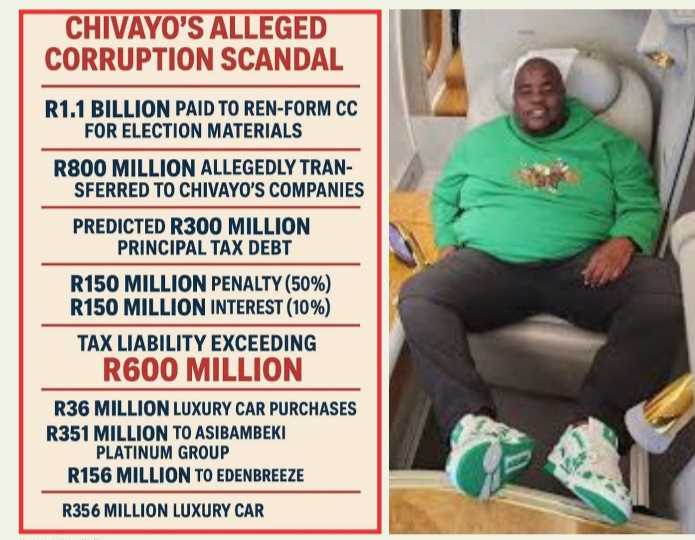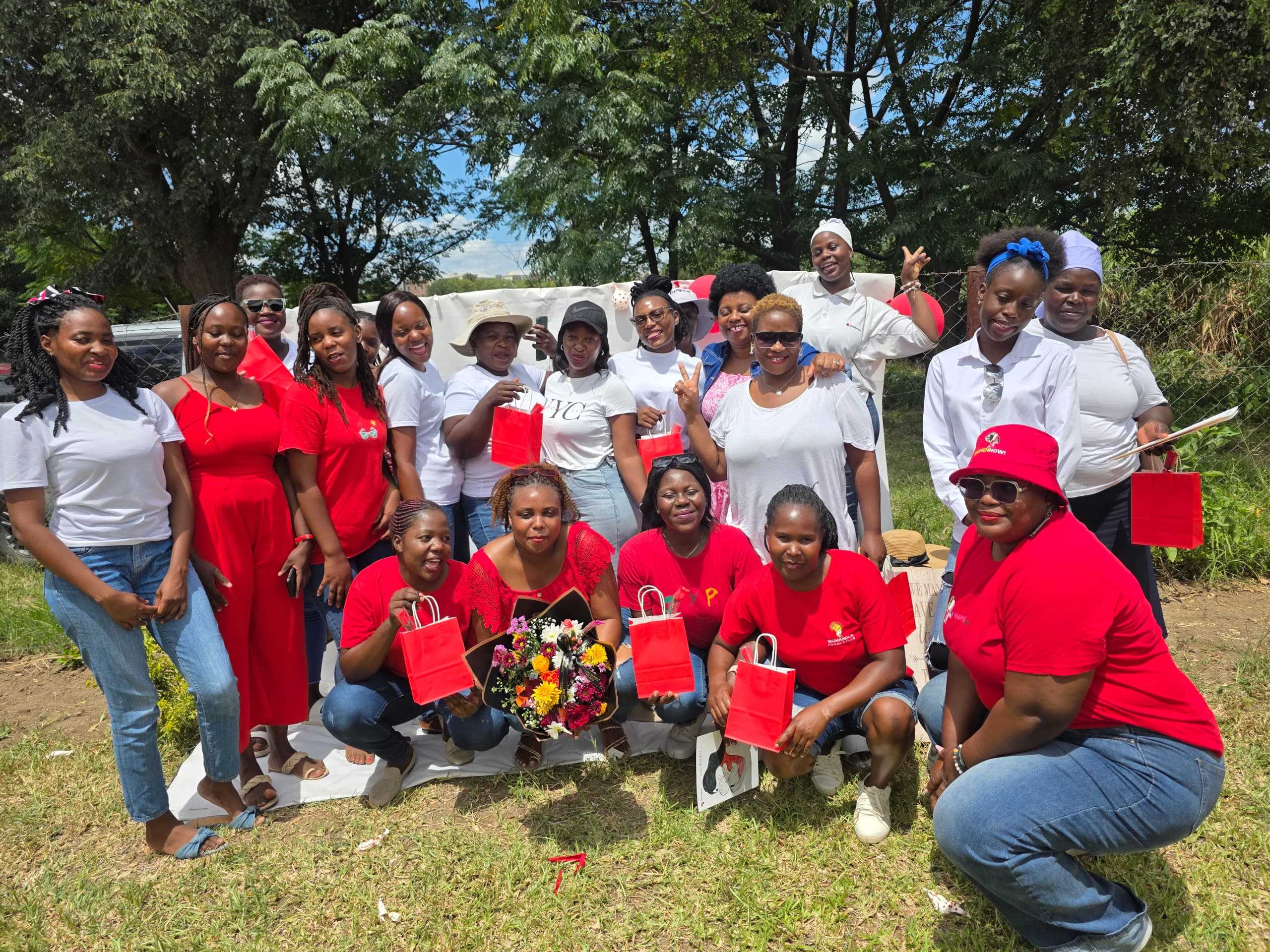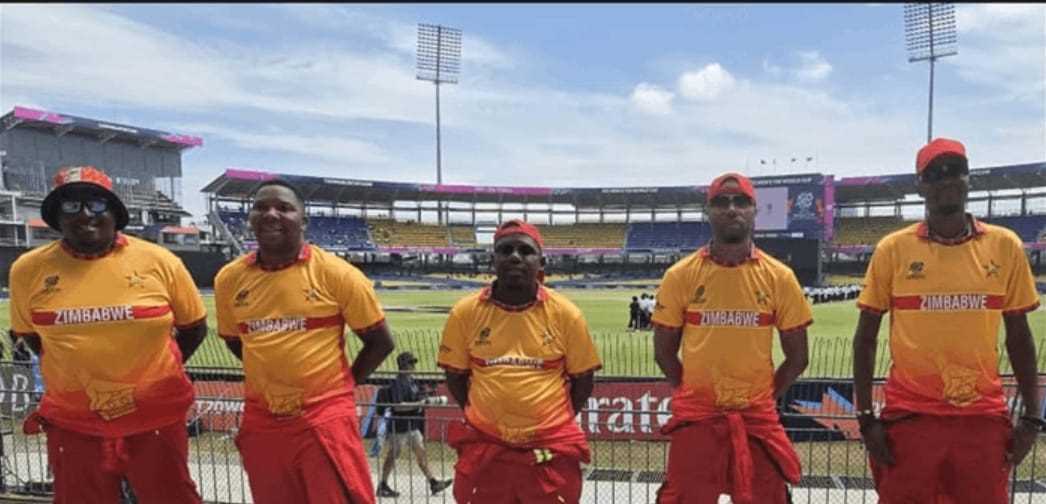
Nyashadzashe Ndoro- Chief Reporter
Politically exposed Zimbabwean businessman Wicknell Chivayo is facing a potential tax liability exceeding R600 million in South Africa following allegations of a massive corruption scandal involving R800 million in Zimbabwean taxpayer funds used in payment for election materials, as revealed by a joint investigation implicating inflated contracts and suspicious financial transactions.
Chartered accountant Elisha Musindo has weighed in on the burgeoning controversy surrounding Chivayo's alleged involvement in the scandal, predicting that the businessman could face a tax debt exceeding R600 million.
His analysis comes in the wake of reports detailing the flow of R800 million from Zimbabwean taxpayer funds, intended for election materials, into Chivayo's accounts.
Musindo said he anticipates a principal tax debt of approximately R300 million. Given the nature of the allegations, which he describes as "smelling of racketeering, evasion, and money laundering," he expects the South African Revenue Service to impose a penalty of around 50%, rather than the standard 10%.
This additional penalty would add another R150 million to the liability. Furthermore, Musindo projects that SARS will levy interest charges of approximately 10% per annum, accumulating to a minimum of R150 million over the past three years.
"He will be lucky to walk away with less than a R600 million tax debt," Musindo stated, emphasising the severity of the potential financial repercussions.
He also cautioned that tax evasion is a criminal offense, potentially leading to travel restrictions for Chivayo within South Africa. Musindo further noted that, while the South African Financial Intelligence Centre has referred the matter to SARS, the process will take time and he does not expect immediate action from SARS within the next two years.
The allegations stem from a joint investigation by South Africa's FIC and Zimbabwe's Financial Intelligence Unit, which revealed that Zimbabwe's Ministry of Finance and Economic Development paid over R1.1 billion to South African printing company Ren-Form CC for election materials supplied to the Zimbabwe Electoral Commission (ZEC) during the 2023 harmonised general elections.
Related Stories
Of this amount, approximately R800 million was allegedly transferred to accounts belonging to Chivayo's companies, Intratrek Holdings and Dolintel Trading Enterprise. The FIC's reports highlight the "rapid movement of funds" through Ren-Form's accounts, raising suspicions of money laundering.
The investigation suggests that Ren-Form significantly inflated the prices of election materials, including ballot papers, biometric voter registration (BVR) kits, and other supplies. The difference between standard market prices and the inflated invoiced amounts is suspected to have been used to generate "commission" for Chivayo and his associates. For instance, a central server invoiced at R23 million reportedly costs around R90,000 online.
Further complicating matters, the Ministry of Finance also made a direct payment of R156 million to Edenbreeze, another company owned by Chivayo.
An analysis of Chivayo's accounts revealed substantial payments towards personal expenses, including luxury car purchases exceeding R36 million, and significant transfers to other companies, such as Asibambeki Platinum Group (R351 million) and Kumba Group (R28.8 million). The FIC's reports express concerns about potential money laundering, citing round-number transactions, luxury purchases, and transaction activity inconsistent with the account holder's profiling information.
The FIC also identified 121 international fund transfers totaling R10,518,047.35, raising further red flags. A notable incident involved Chivayo refusing a recalled payment to his Absa account, adding to the suspicion.
The FIC's reports detail two large payments from the Zimbabwean Ministry of Finance to Chivayo's Edenbreeze account, with one of the payments subsequently recalled, only to be refused by Chivayo. The FIC has flagged the rapid movement of funds and the refusal of the recall as signs of potential criminal activity.
The contracts awarded to Ren-Form CC were reportedly secured without a public tender process, further fueling allegations of corruption. The allegations also include claims of bribery, which surfaced following a fallout between Chivayo and his former business partners, Moses Mpofu and Mike Chimombe, leading to the release of leaked audio recordings and WhatsApp messages.
The FIC has forwarded its findings to the Reserve Bank of Zimbabwe’s Financial Intelligence Unit, the South African Revenue Service, and the South African Police Service for further investigation.


















Leave Comments